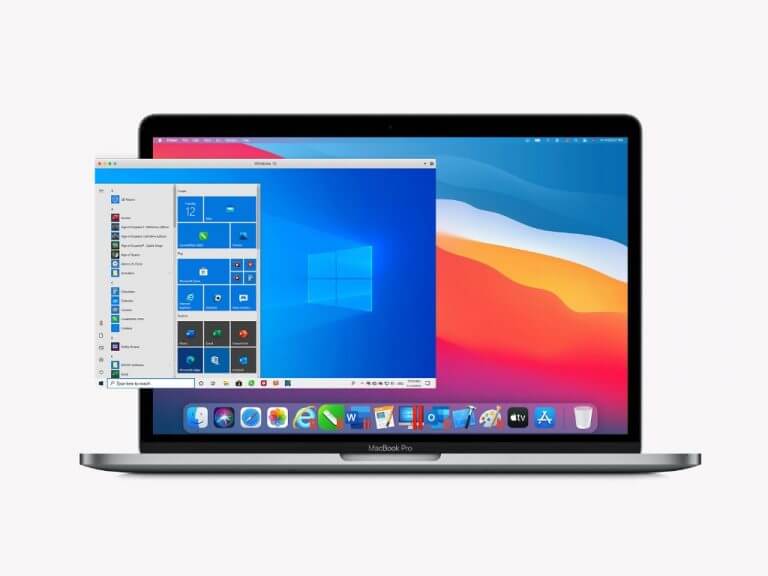Parallels Desktop for Mac has been updated today to support Apple’s new M1-based Macs. The version 16.5 of the popular virtualization app now offers a seamless Windows 10 on ARM experience on Macs with Apple’s ARM-based M1 chips, and it also brings support for the most popular ARM-based Linux distributions on M1 Macs such as Ubuntu 20.04, Kali Linux 2021.1, or Debian 10.7.
Regarding Windows 10 on ARM emulation, the company promises up to 250% less energy used on M1 Macs compared to 2020 Intel-based Macs. Moreover, Windows 10 virtual machines on M1 Macs should perform up to 30% better compared to Windows 10 VMs running on an Intel-based MacBook Pro with an Intel Core i9 processor. Overall, it looks like M1 Macs are pretty great at running Windows 10 on ARM virtual machines, with Parallels also promising up to 60% better DirectX 11 performance compared to an Intel-based MacBook Pro with Radeon Pro 555X GPU.
“We received enthusiastic feedback about the remarkable performance of both the Technical Preview of Parallels Desktop 16 for M1 Mac and Windows 10 on ARM Insider Preview as well as x86 applications and games, including Rocket League, Among Us, Roblox, The Elder Scrolls V: Skyrim, Sam & Max Save the World and many others. Testers loved Parallels Desktop’s easy-to-use features and seamless integration of Windows with macOS Big Sur, which increased productivity,” said Nick Dobrovolskiy, Parallels Senior Vice President of Engineering and Support.
For new customers, a full-featured 14-days free trial of Parallels Desktop for Mac is available on this page. A perpetual license costs $79.99, but customers can also opt for the $99/year Parallels Desktop Pro Edition to get more power user features.


